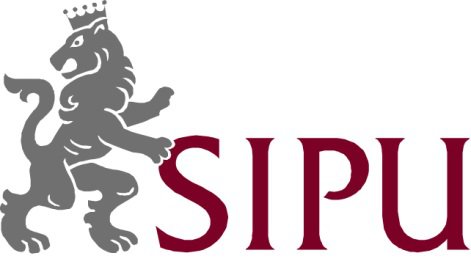Gender equality and women’s rights evaluation
The Overseas Development Institute is working together with Chr. Michelsen Institute (CMI) in Norway and Swedish Institute for Public Administration (SIPU) in Sweden, on an evaluation of Norwegian Development Cooperation support to Women's Rights and Gender Equality.
The purpose of this project is to undertake an evaluation of Norway’s support to women’s and girls’ rights and gender equality in development cooperation from 2007 to2013. As part of this project, the multi-institute team will assess the extent to which results have been in line with the Action Plan for Women’s Rights and Gender Equality in Development Cooperation and its four main thematic priorities – political empowerment, economic empowerment, sexual and reproductive health and violence against women. Ultimately, the evaluation will inform the Ministry of Foreign Affairs' (MFA) future efforts to strengthen its planning, organisation and implementation of future projects aimed at promoting women's rights and gender equality within Norwegian development cooperation.
The evaluation team, led by Nicola Jones, who is Senior Research Fellow in the Social Development Programme at ODI consists of some 10 evaluators with expertise in evaluation principles, methods and standards, as well as of gender dynamics in developing countries.
The evaluation team will apply innovative methods to understand the results of Norway's support and what it means for women, girls, boys and men's everyday lives. This will combine a gendered political economy approach to understand structural and institutional dynamics shaping Norway's relative efficacy in promoting women's rights and gender equality, and will be complemented by an anthropological evaluation approach assessing gender dynamics 'from below' in order to understand effects on locally embedded institutions as well as on individual women, men, girls and boys that Norway supported gender policies and programmes are targeting.
The evaluation will begin with a desk review, which will aim to assess the global dimension of Norway's gendered aid. This analysis will be taken further in three in-depth case studies conducted in Ethiopia, Mozambique and Nepal. The findings of the evaluation will be presented to Norad, the Norwegian Ministry of Foreign Affairs and other stakeholders in Spring 2015.
For further information regarding this evaulation can be found on the SIPU website here.
Staff
-
Nicola Jones
Principal Research Fellow
